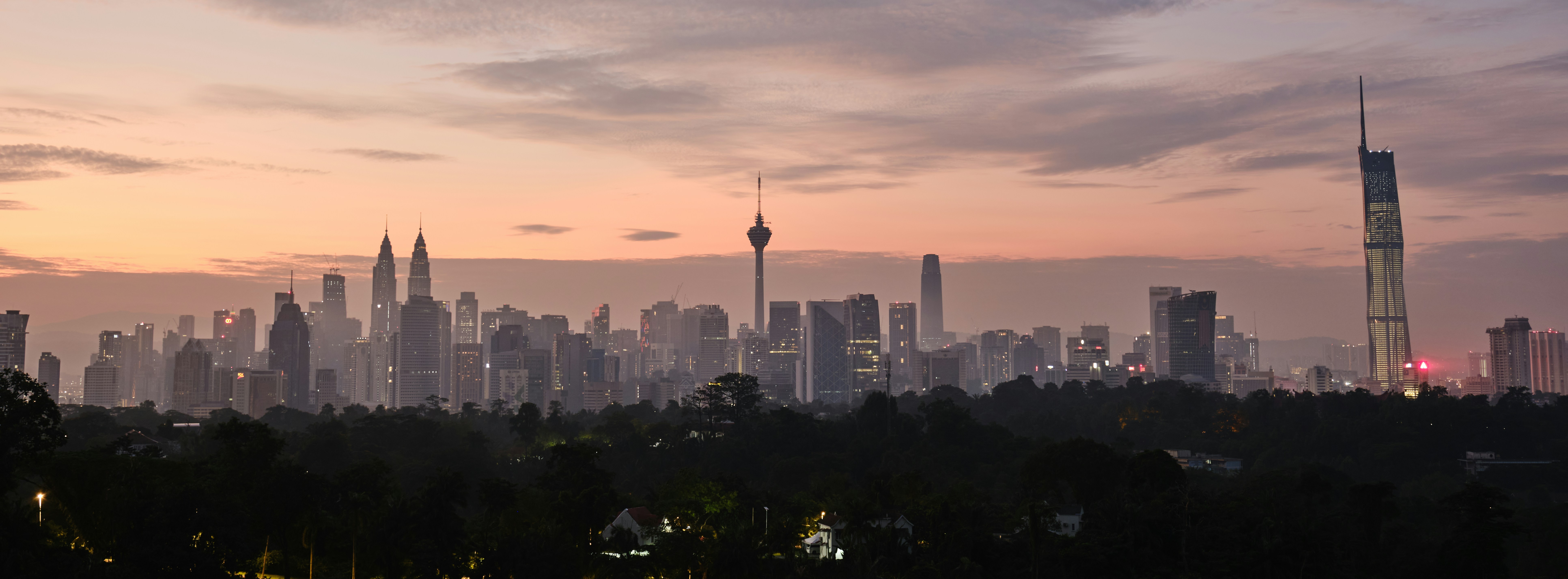Markets may be digesting diplomatic overtures from Tehran, but the reaction from regional equities tells a more restrained story. Bursa Malaysia, for instance, offered little in the way of breakout momentum, with the FBM KLCI staying tethered to its familiar range despite late-day buying in plantations and telcos.
Wall Street’s rebound—framed by optimism around Iran-Israel de-escalation—has not been enough to unshackle local sentiment. The absence of upward momentum says less about geopolitical progress and more about capital inertia at home. De-risking, it seems, remains provisional.
Rakuten Trade’s language captures the tone: any market relief is being treated as conditional, fleeting, and insufficiently anchored. For institutional models still pricing geopolitical asymmetry and policy ambiguity, the bar for conviction remains high.
What’s playing out on the ground isn’t rotation. It’s drift. Light accumulation at the index floor and opportunistic exits near resistance suggest investors are redeploying within safe corridors, not reallocating toward risk.
Hopes that global tailwinds might reignite local appetite are proving misplaced. Malaysia’s capital markets continue to function under tight macro constraints—external lifts are welcome, but rarely transformative. TA Securities and Malacca Securities both recognize the bounce from Wall Street and commodities, but the caution in their tones betrays a deeper truth: institutions are choosing restraint.
That restraint is most evident in what’s missing. Despite policy tailwinds—such as the RM43 billion in grid spending by Tenaga Nasional or the wider NETR framework—there’s been no broad rotation into risk-on names. Solar counters and selected plantations are seeing inflows, yes, but these are thematic allocations, not evidence of sector-wide confidence.
The retreat in oil and gas counters is particularly telling. Petron, Hibiscus, and Bumi Armada all posted declines even as geopolitical risks nominally eased. This divergence suggests headline optimism is not enough to dislodge institutional caution. The trigger points for allocation appear far more structural.
Policy ambition and market reaction are clearly out of sync. On one hand, state-linked players are rolling out major energy infrastructure and renewables commitments. On the other, equity markets are refusing to reprice with any urgency.
This misalignment exposes a structural frailty. Liquidity on Bursa Malaysia remains shallow, foreign flows are twitchy, and domestic institutions continue to operate within strict tactical parameters. Even marquee wins—like Solarvest’s 25-year PPA in Brunei—haven’t translated into broader rerating activity.
The caution here isn’t new, but it’s becoming more entrenched. Climate-aligned capital may be growing globally, yet in Malaysia, it remains siloed. Sovereign funds might be tilting in that direction, but listed equity participation still feels selective, episodic, and overly yield-focused. Strategic buy-in? Still elusive.
Analyst bullishness on commodity-linked counters deserves closer scrutiny. Yes, gold has strengthened. Oil and gas saw recent price surges. But the character of these moves reveals more about capital sheltering than pursuit of upside.
Gold, for instance, continues to function as a risk buffer rather than a growth proxy. Its inflows echo systemic uncertainty, not sector conviction. Crude palm oil’s breakout is notable, but again, flows are concentrated, not distributive.
And then there’s the oil and gas reversal. That pullback—despite high Brent prices—signals a shift in institutional behavior. Volatility is no longer being embraced as a hedge; it’s being side-stepped. Capital is leaning toward visibility and durability, not velocity. Compared to past cycles, where commodity names served as a geopolitical hedge, this time is different. Tactical retreat is replacing tactical rotation.
Chart-watchers might frame Bursa’s movement in terms of index support and resistance, but beneath those levels lies something more consequential: institutional behavior thresholds. TA Securities points to 1,490 as support and 1,564 as resistance—not just as technical levels, but as flow triggers.
Until sentiment resets or policy clarity emerges, capital will likely churn within these corridors. It’s not indecision. It’s deliberate containment.
The unwillingness to test the upper bands reflects embedded uncertainty. Fragile chip exports, subsidy reform risk, and unsteady fiscal signals—all feed into a reluctance to take fresh directional bets. Malaysia’s index-heavy structure only compounds the inertia.
If there’s a breakthrough coming, it won’t be sparked by Middle East headlines. It will require domestic policy signals sharp enough to pierce through this structural stasis.
This muted response isn’t merely a function of geopolitics. It’s the byproduct of fragmented capital alignment and cautious reallocation. Bursa Malaysia’s risk narrative remains boxed in by low-visibility catalysts and external demand fragility.
Allocators are choosing safety over initiative—recycling capital inside defensive pockets rather than driving a fresh growth cycle. Renewable themes and plantations offer episodic potential, but only within liquidity-friendly parameters.
There’s no crisis of confidence. Just a chronic conservatism. Without stronger macro signaling or fiscal certainty, Bursa’s posture will remain what it is: watchful, constrained, and fundamentally uncommitted.





.jpg&w=3840&q=75)









